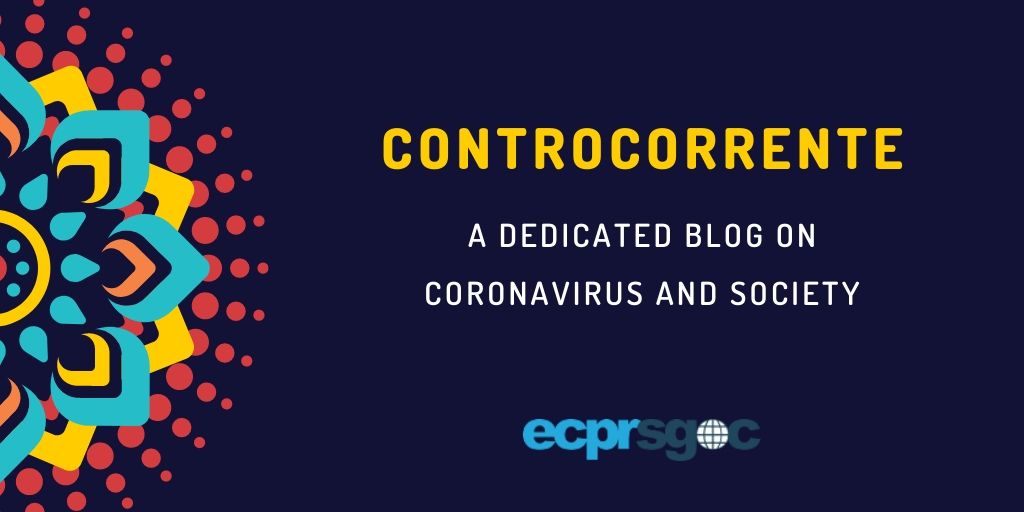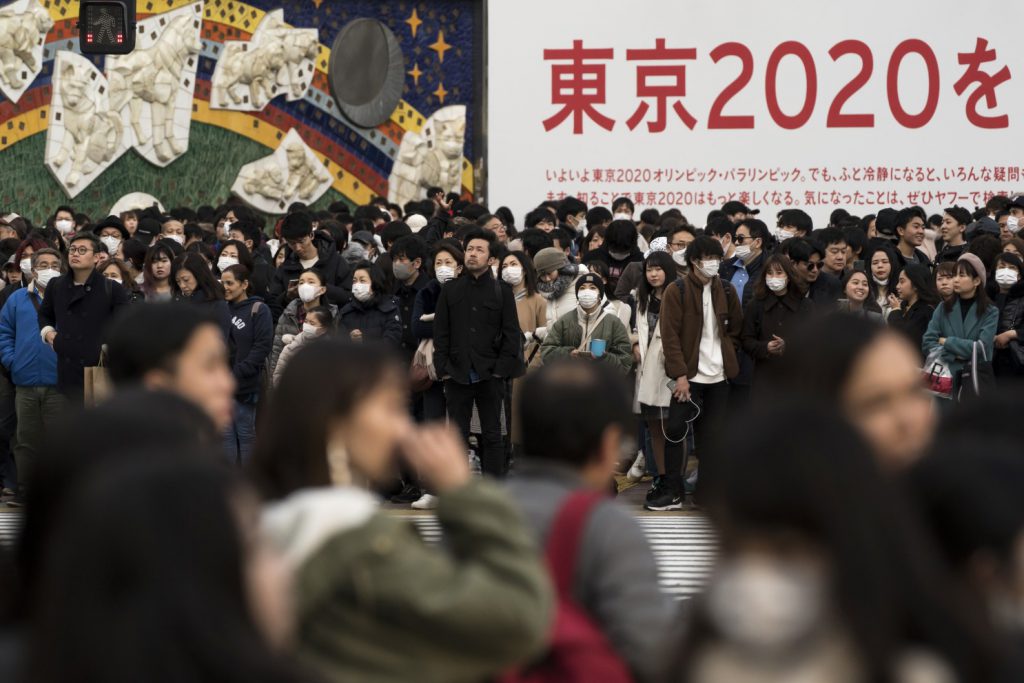
Impacts of the COVID-19?
Sayaka Fukumi
Ritsumeikan University
The international society is fragile to transmittable diseases. Revealed again. Although there are some positive news of calming down of Corona Panic, still the impact and effective countermeasures are under investigation, and could only speculate. Corona Pandemic started in China and soon reached to South Korea and Japan, then to Europe and to the US. However, the impact of the virus appears to have some differences, particularly the numbers of death by the COVID-19 as of 8 April 2020. While Italy, Spain and the US record high death toll in very short period of time, Japan keeps really low.
Ever since the news of Wufan, China, and the cruise ship carrying infected people at the territorial sea, Japanese TV companies and other media are broadcasting news on coronavirus and its unknown impact to Japan. The opening news have been almost always the topics on coronavirus with the number of the affected. Each death by the COVID-19 was (or is) mentioned with the sound of alarm during news programmes. Despite of those hours spent to inform on the COVID-19, people affected by the COVID-19 were really small in number for more than a month, until the Japanese government decided to postpone the Olympic Games. Since then, the number of infected in Tokyo has dramatically increased. Other areas that are mostly affected are Hyogo and Osaka, both with busy areas with highly active airports; and Hokkaido which reacted swiftly to fight against the COVID-19. When the Japanese government decided to declare “state of emergency”, it was reported that the death toll was 98, and affected were 4352, and recovered (returned from hospital) were 605.
The first record of the COVID-19 affected was on 16 January, and about 3 months later, there were less than 100 deaths, the majority are elderly people. Comparing the number of deaths by the flue, which killed about 3000 in 2018, does not seem to be high. In addition, it is said that 80% of the COVID-19 infected remain mild or almost no symptom, although the speed of spreading among the people is fast. Considering the nature of the “new” virus, there are certainly serious and dangerous aspects in this situation, such as lack of vaccination, data, and cure. Over capacity of hospitals is something ought to be considered. Those working at the medical scenes are facing lack of supply, equipment, and facilities. Worried people and those believing the rumor of vaccination rushing to hospitals are increasing the workload of medics.
In order to prevent the spread of the virus, the Japanese government “requested” from the nation to decrease human contacts and activities like social gathering by naming particular industries. Since then, the areas and industries specified in the speech of the Prime Minister, such as restaurants karaoke, have experienced sharp drop of customers. Some businesses voluntarily shortened and stoped providing services, and others forced to halt their business to minimize their losses. About 3 weeks from this announce, 32 businesses were bankrupted.

Late March, the government informed to make unsecured and no-interest loan to those businesses affected by Corona Panic counter measures. Still, support to those businesses damaged by the government “request” was too small or difficult to access. This appears to continue even after the declaration of state of emergency. The government plans on subsidies do not seem to be practical or supportive of people’s life considering the timing and process the money could reach to the ones in need. Indecisive government policies have been making the situation more difficult for small business owners and those work s freelancers and part timers.
Other impacts of counter corona measures are coming from school closures and work-from-home policies. Although they are minority in Japan, there are certain numbers of children who are surviving on school lunch due to their family circumstances, facing domestic violence and abuses. They lost food and place for safety and study. There is no support indicated by the government for those children. Due to rapid increase of the affected by the COVID-19, the media emphasis is still more on survival from the COVID-19 itself. However, there should be certain realization that financial situation caused by restricted economic activities affect the society severely – might be more severely than the virus since the COVID-19 is a curable disease and mortality rate is not very high (so far in Japan). So, people have to live on even after the corona panic, in the world of the “corona-torn” economy.
Although it is not too early to conclude anything on this issue, the COVID-19 can be a non-traditional security threat considering the impact up to today, and possible damages in the near future. The damage posed by this, from Security Studies perspective, ought to be not only from the numbers of deaths and the affected by the virus, but also the damages posed to people’s life, such as economic activities, social fabric and trust to political system (and politicians). This could, also, mean the outcome could be different from one country to another, and the weaknesses of state system might be disclosed.
10 April 2020.
***
This blog aims to reflect the opinions, thoughts, and concerns of academics and researchers related to COVID-19. All views belong to authors and it does not represent the views of any organisation.

